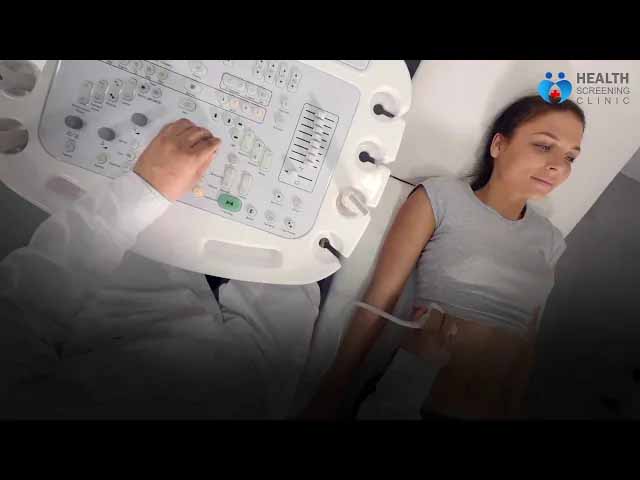COELIAC AND GLUTEN INTOLERANCE
Coeliac is caused by a grain protein known as gluten as well as a delayed allergic reaction in the body. Gluten is commonly found in Wheat, and some traces can also be seen in Rye and Barley. People with this condition also have a high oat tolerance.
Coeliac disease is most common in the United Kingdom as an inherited disease of the intestinal immune system. In the United Kingdom, at least, 1 out of 100 persons have the disease. It’s not easy to diagnose this kind of disease, and the infection might remain wrongly diagnosed until a person reaches adulthood usually between 30-40years old.
It is mostly wrongly diagnosed and mistaken for Irritable Bowel Syndrome (IBS), andmany cases are never diagnosed. Research has it that only one-third of the actual instances ofCoeliac diseases are accurately diagnosed and treated with a gluten-free diet. The other untreated cases lead to adverse conditions such as diabetes, infertility, anaemia, gastrointestinal malignancy.
Known symptoms of the disease mal-absorption of food and chronic diarrhoea are as a result of stunted growth, offensive stools, abdominal bloating, blistering rash, and mouth ulcers. Most children develop these symptoms when they are being weaned from breast milk and introduced to solids. They experience weight loss, refusal to eat, diarrhoea and abdominal swelling.
The disease manifests in adults in mixture form alongside other non-specific symptoms such as skin rash, mouth ulcers, and diarrhoea.
Most people will develop Coeliac disease quickly than others especially those who have the disease in their family health history. Such ones will have their DNA linked to the HLA DQ2 gene. However, the disease is more likely to occur in persons with the following conditions: down syndrome, diabetes on insulin and infertility.
COELIAC DISEASE TESTING
Recently, a blood test has revolutionised the way Coeliac disease is diagnosed. Until now, the only sure way to diagnose the disease is after a series of test and several years of experiencing connected symptoms and intestinal biopsy.
As a result, only milder cases of the disease were not diagnosed and remained in that state. A blood test is conducted to measure the level of antibodies in the blood as regards to Gluten or Gliadin. When the patients switch to a Gluten-free diet, the Anti-Gliadin Antibodies will disappear which is a sign of disease resolution.
DISEASE COMPLICATIONS
People suffering from this condition have a higher chance of developing nutritional deficiencies due to the low absorption of nutrient from the diet. They also face a high risk of calcium deficiency so they might develop fractures. As a result, the bowel is easily damaged, and this makes it difficult to absorb iron and folic acid thereby causing chronic anaemia.
Those with DownSyndrome have a higher chance (up to 43 times) of having Coeliac disease but not as severe as others might be.
TREATMENT
The best way to treat Coeliac Disease is to completely avoid the Gluten component in cereals, aside from corn, rice or maize. Also, there are lots of Gluten free diet that gluten-intolerable people can eat without feeling the need to stick to a particular food.
For more information or consultation, you can put a call through to us today to book an appointment!
Contact Us



